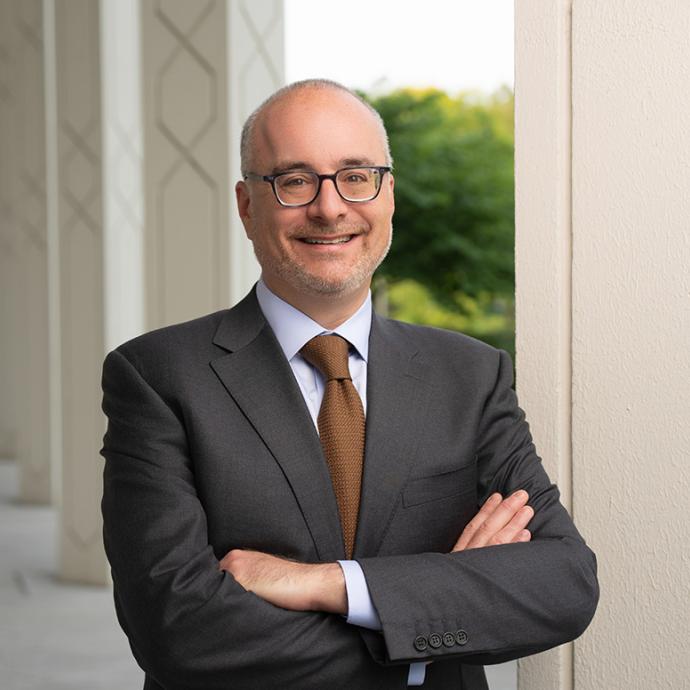University of Chicago chemist Timothy Berkelbach and neurobiologist Mark Sheffield have been awarded Sloan research fellowships.
The Alfred P. Sloan Foundation gives the awards annually to early-career scholars identified as the promising scientific researchers working today in the United States and Canada. This year's 126 winners will receive $65,000, which may be spent over a two-year term on any expense supportive of their research.
Candidates must be nominated by their fellow scientists, and fellows are selected by an independent panel of senior scholars on the basis of a candidate’s independent research accomplishments, creativity and potential.
Tim Berkelbach, a Neubauer Family Assistant Professor, is a theoretical chemist who studies the electronic and optical properties of nanoscale materials. His group adapts computational models written for tens of atoms and scales them up to work for sets of hundreds or thousands—which you need to model materials for applications in solar energy, catalysis and manufacturing, chemical sensing and electronics.
“It’s an honor to be selected, especially alongside such an amazing lineup of people who have been recognized as Sloan fellows over the years,” Berkelbach said.
He joined the University in 2016.
Asst. Prof. Mark Sheffield studies memory—how memories are formed, retrieved and altered over time. Recent advances now let scientists identify, monitor and manipulate the neurons involved in a specific memory; his lab uses imaging and optogenetics to track how individual and groups of neurons in the hippocampus (the center of emotion and memory) interact.
“We know quite a lot about memory at a psychological level, but our understanding of the neurobiology that underlies memory function lags far behind,” Sheffield said. “We’re very excited, with the help of the Sloan fellowship, to move forward with these experiments, which we hope will provide insight for the development of treatments for memory disorders such as Alzheimer’s and PTSD.”
He joined the University in 2017.










 —Prof. Kunle Odunsi
—Prof. Kunle Odunsi
